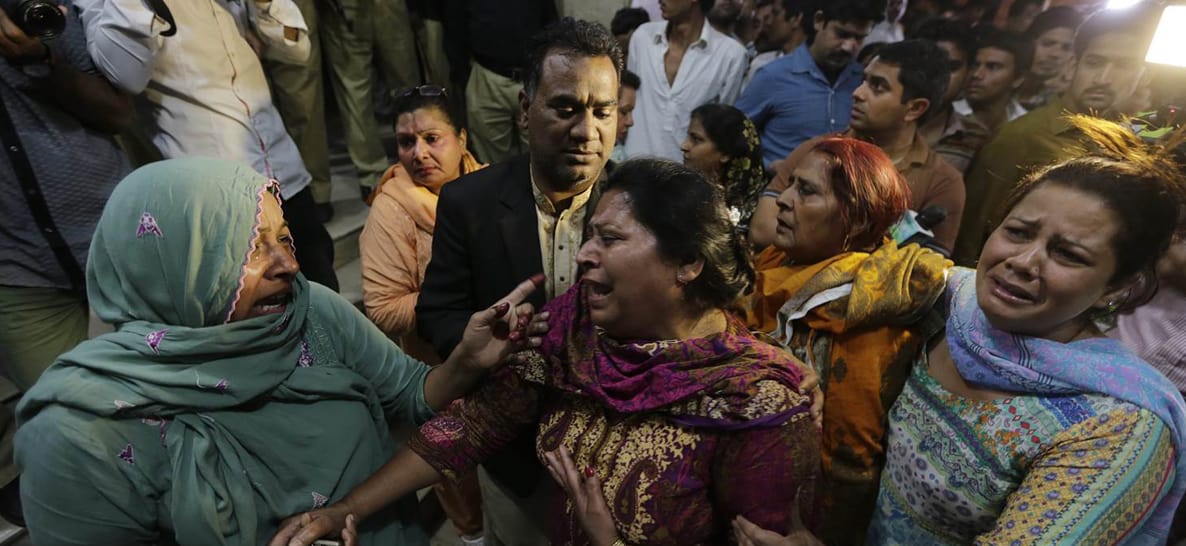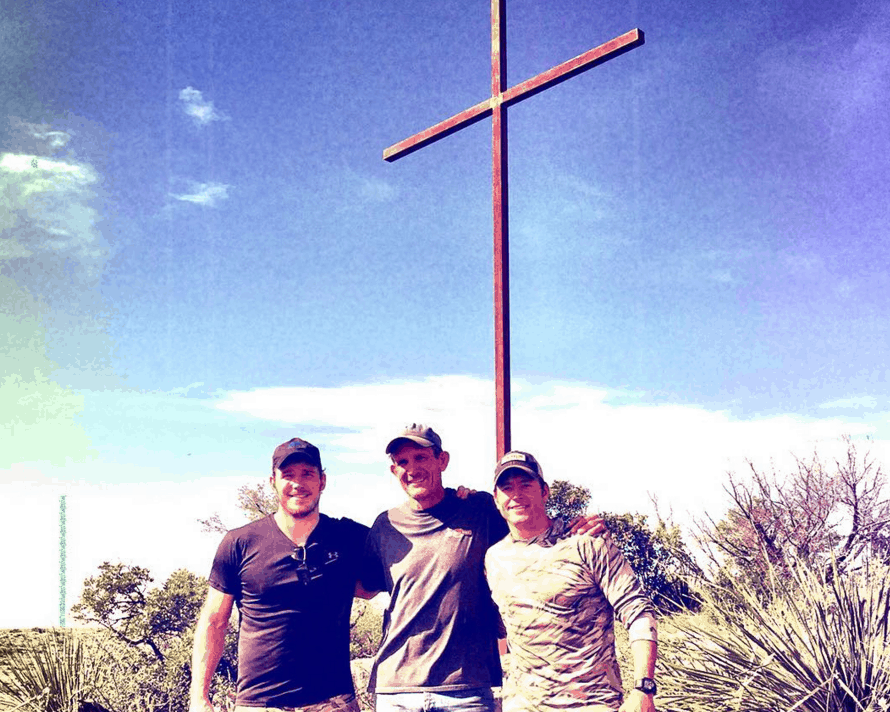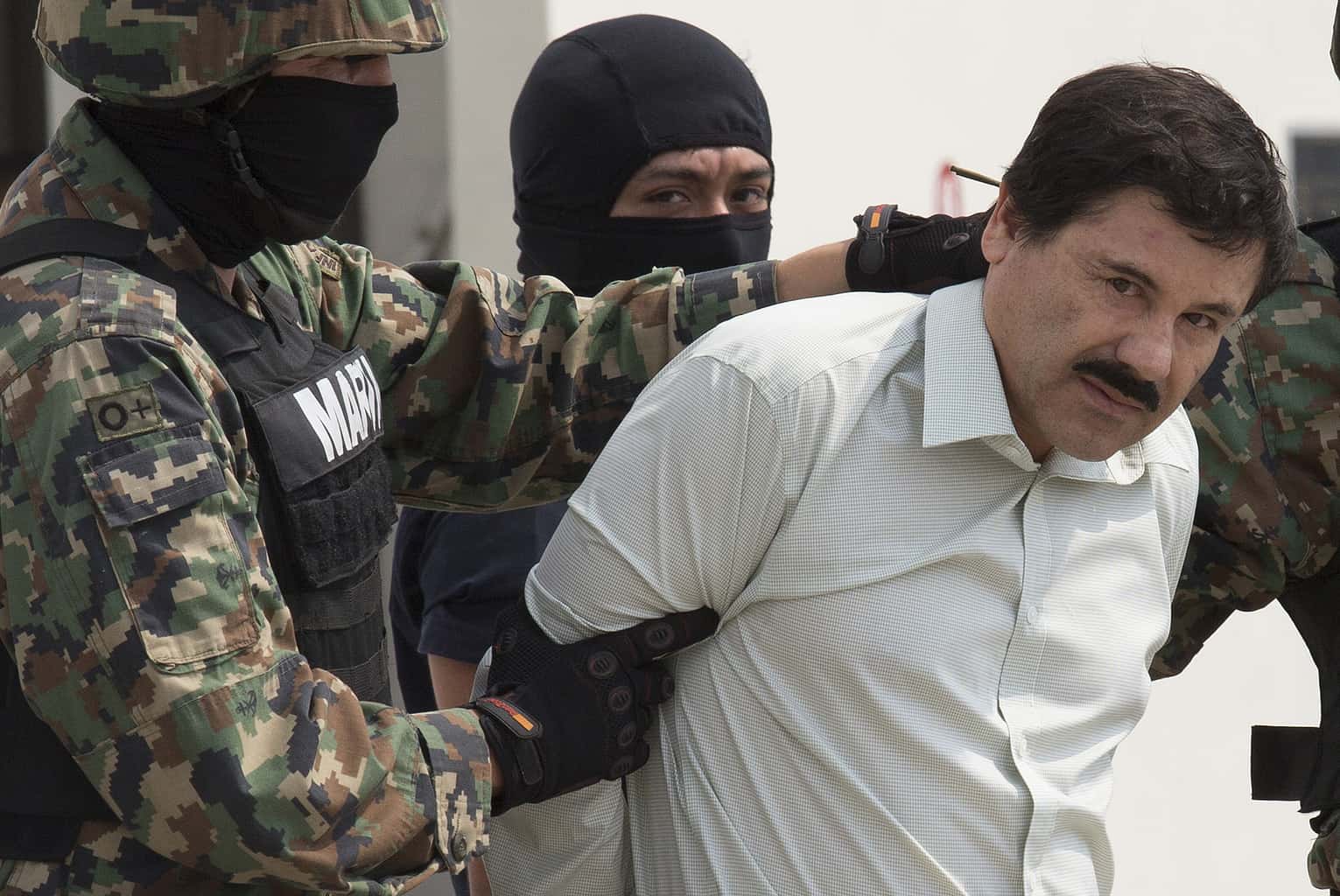
The burnt, bloodied limbs and bits of flesh—blown apart by a bomb—sailed across the park, thumping as they landed on dirt and grass, among the rubble of concrete, playground equipment and glass. That’s what Easter Sunday looked like for Christians in Lahore, Pakistan—while we in the West brunched in our pastels, coordinated egg hunts and chose our chocolates.
They had gathered among walking trails and play equipment for a day of revelry and peaceful worship. Waddling toddlers, cooing infants, games of tag. Family and friends sharing love and celebrating life. The bombers killed more than 70 people—mostly women and children—in direct retribution for their Christian religion.
What do we say about that? Are we even aware that there is a genocide of Christians unraveling in our day—the carcasses piling, gathering in Egypt, Libya, Tunisia, Nigeria, Morocco, Afghanistan, Yemen, Iraq, Syria, across the entire Middle East and in Pakistan long before the Easter bombing? It is the most unveiled and obvious genocide of our lifetimes.
Do our hearts move for the 300 survivors injured in the blast, some of whom will die from their wounds? For those who will suffer lifelong disability for lack of an eye, an ear, a limb, a hand? Or for those devastated psychologically when their closest family and friends were destroyed before their eyes—before their deafened ears. For their own bleeding hands as they held them, or what was left of them, in the clutches of disbelief. For their noses as they smelled what one smells when flame consumes flesh.
Events like the Easter bombing force us to ask ourselves if we’re only claiming to care about the downtrodden and outcast, even while we scroll past their fate on 200 million personal screens, scrolling beyond the uncomfortable, swiping toward celebrity, cats, anything that will make us laugh.
All of us in the free world feel the tension: We live in a broken, splintering world, and yet our own world remains relatively carefree. We see these major injustices. But, if we’re honest, we don’t know what to do about it. What can we do?
We resolve that we will not stop feeling the pain. We will not medicate ourselves into a state of non-feeling. We will not skip past the agony of our spiritual siblings. We will not allow selfish fear to prevent us from feeling sad, when sorrow is the just thing to feel. We will not be ignorant or apathetic about the genocide of our people. Instead, we resolve to pray for our brothers and sisters, just as if they were our own flesh and blood.
We will not behave as if these murdered are not our own family, for they are. We will grieve and process. We will advance justice and right-ness through each of our callings, dispositions, powers, influence and gifts.
We will not swipe past the pain. Rather, we will use the pain to sharpen our focus on this reality: We await a King Who will set all things right. Feel these pains, and let them galvanize your gaze on the clouds, for “our citizenship is in heaven. And we eagerly await a Savior from there, the Lord Jesus Christ” (Philippians 3:20).
This is how Christ-followers have lived for centuries. Hunted, killed for sport, burned alive as garden lamps and fed to lions, they fixed their hope on seeing Christ. And now we have to, too.
“Therefore, with minds that are alert and fully sober, set your hope on the grace to be brought to you when Jesus Christ is revealed at his coming” (1 Peter 1:13).






















